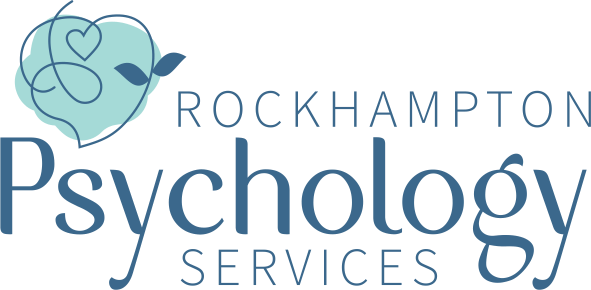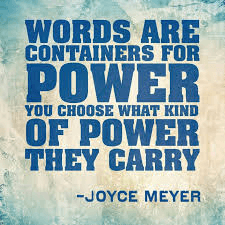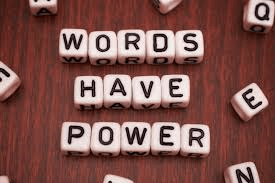The Power of Words
Posted on January 25th, 2017
In a previous blog I’ve discussed the importance of positive self-talk and the power of words. We know that by changing the way we speak to ourselves (and others) can be very powerful. Words carry meaning and our brain interprets this meaning and reacts to it. We might have freedom of speech, but we have to understand that with this ‘freedom’ come consequences. Before speaking take a few moments to contemplate what you will say and how you will say it; while considering the impact they will have on the listener and yourself. How we speak is up to us. Successful people have often learned the power of words to both motivate and energise ourselves and those around us.
“Words are singularly the most powerful force available to humanity. We can choose to use this force constructively with words of encouragement, or destructively using words of despair. Words have energy and power with the ability to help, to heal, to hinder, to hurt, to harm, to humiliate and to humble.” Yehuda Berg
Tips for using our words in a helpful way:
Say what we want, not what we don’t want
State what we want in positive terms instead of negative. Focus on what you want, not what you don’t want. For example:
Statement 1 = “I want an easy drive into work today”,
Rather than:
Statement 2 = “I don’t want to be stuck in traffic”.
When we use the second statement, our brain hears ‘STUCK IN TRAFFIC’, and then we start reacting to this. We will already start to get anxious or annoyed before we even get in the car. Then when we start to drive we will be more sensitive to (and biased to seeing) negative things that might happen (for example someone wanting to merge in front of you). Whereas if we say the first statement then our brain registers ‘EASY DRIVE’, then we are more relaxed and are less likely to react to others in a negative way (such as when they want to merge ).
Reframing our Thoughts
Another helpful strategy to try is what we refer to as ‘reframing our thoughts’. This is when we ask ourselves “How else can I view this situation?” We could say to ourselves, ‘gee last year was really bad, my partner had cancer and we spent a lot of time and money seeking treatment’. Or we could reframe this thought to “Wow what a great year it was, my partner had cancer and we were able to seek out excellent treatment”. This reframe will directly impact on how our brain reacts (emotionally and behaviourally) to the thought. So rather than feeling sad, it is much more likely to elicit happy and positive emotions.
Overgeneralising
Another trap is using absolute language such as ‘you always’, ‘you never’, or ‘everyone’. These absolute terms can lead to unhelpful thinking styles that create negative emotions. For example, I might say “he is always late”. If I actually stop and reflect and test the evidence, how accurate is this really? Has he ever been on time or early (even once)? If the answer is yes, then I have now set myself up to be wrong. A more accurate way of wording this would be “he is frequently late” or “he is often late”. This is much more accurate, but most importantly it tends not to trigger as much distress.
Parenting
Positive words spoken to a child can have an impact that could last a lifetime. So we should choose to use phrases that will make them feel good about themselves inside and out, things that will stick with them as words that got them through tough times.
For more ideas regarding positive parenting messages please read article 66 Positive Things You Should Be Saying to Your Child by Alessia Santoro . http://www.popsugar.com/moms/Positive-Things-Say-Your-Child-38418508
So in short, words hold power. Be careful in choosing the words we use toward ourselves and others. Understand that we can change how we feel by changing how we talk to ourselves (how we think). As many of us have been negative talkers for some time, this might take a bit of effort, but the results are definitely worth it.
Written by Judy Travis
Please take time to watch this short video about how changing words can have a profound impact.





